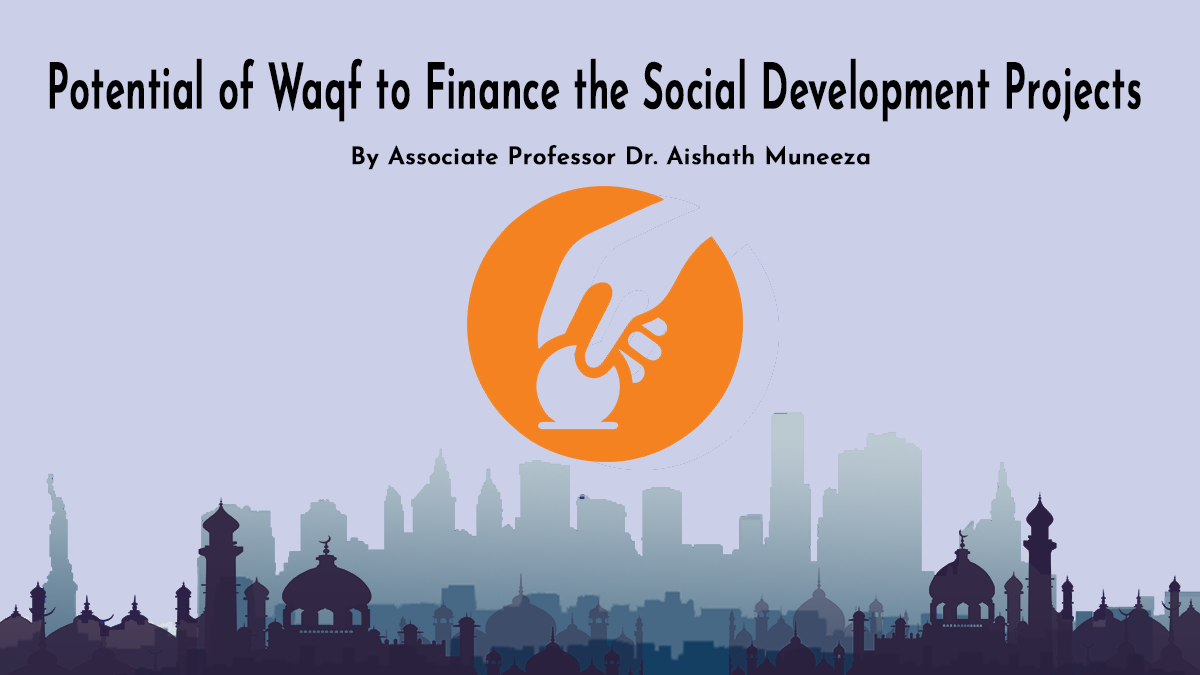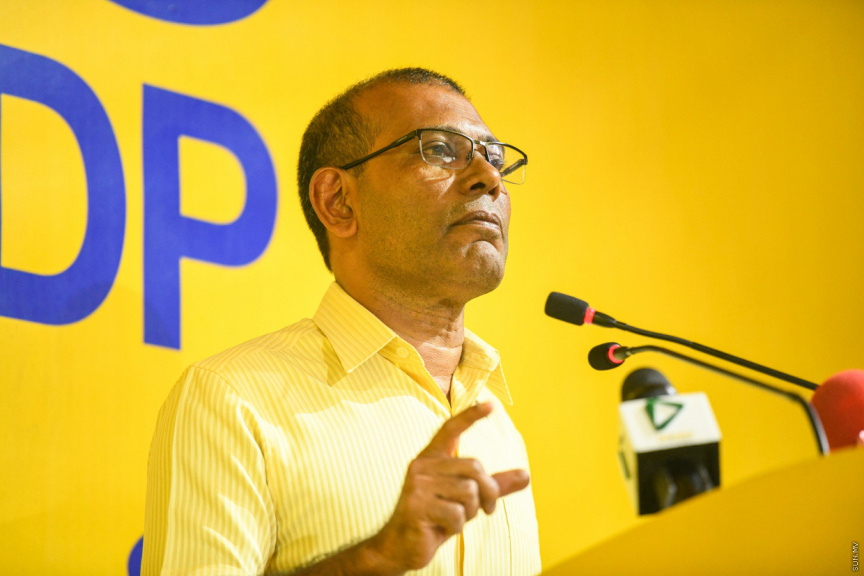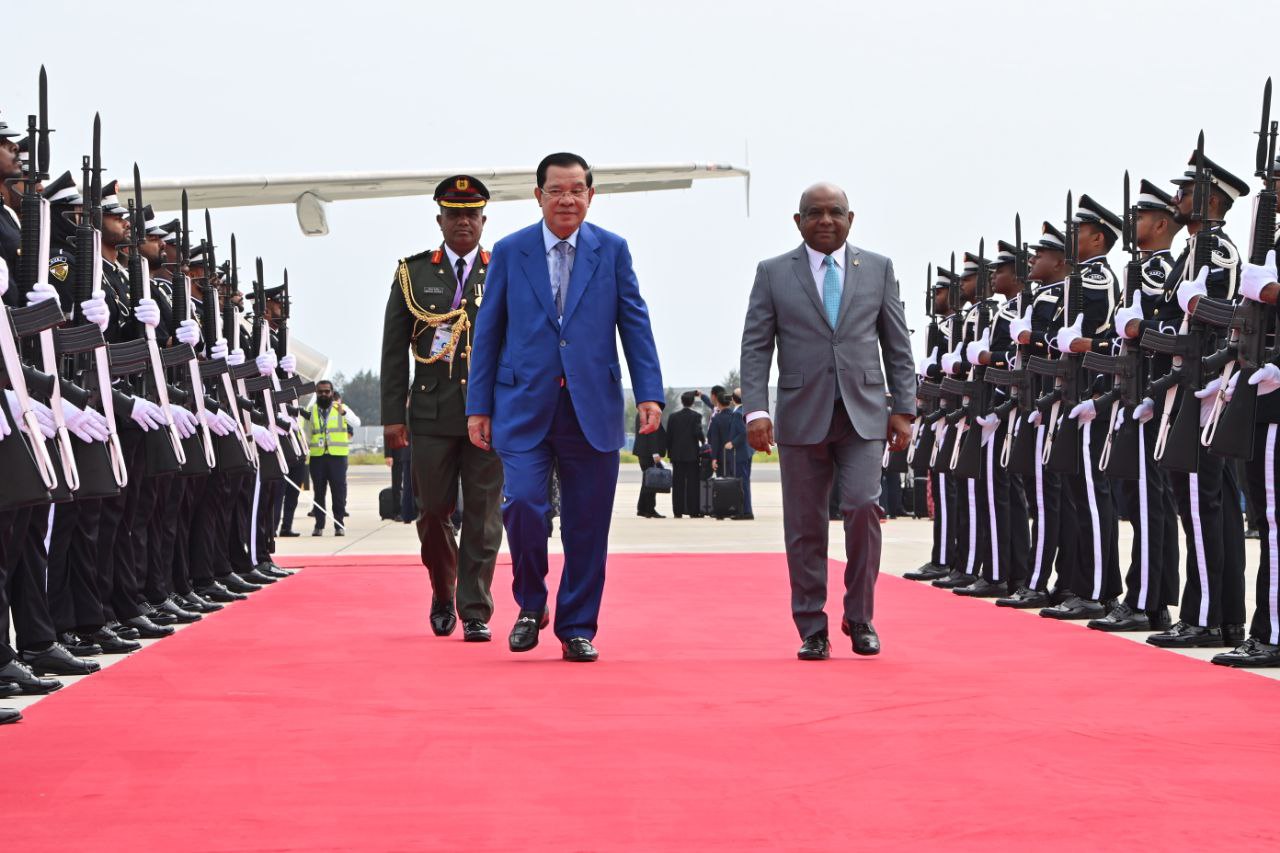Local
Potential of Waqf to Finance the Social Development Projects.
-

 News6 days ago
News6 days agoJudgment in Yameen’s appeal slated for tomorrow
-

 World5 days ago
World5 days agoChina rejects U.S., Japan, Philippines concern about South China Sea
-

 World4 days ago
World4 days agoUnder professed ideals lies Washington’s pursuit of hegemony
-

 Sports7 days ago
Sports7 days agoDortmund stuns Atletico in dramatic Champions League quarters
-

 Business6 days ago
Business6 days agoEconomy thrives, projects speed ahead despite challenges
-

 News3 days ago
News3 days agoVoting begins for the parliamentary election 2024
-

 News5 days ago
News5 days agoMaldives’ ex-president Yameen walks free after Aarah conviction overturned
-

 News4 days ago
News4 days agoOver 100M spent from state finances for the ruling party’s campaign: Solih






























